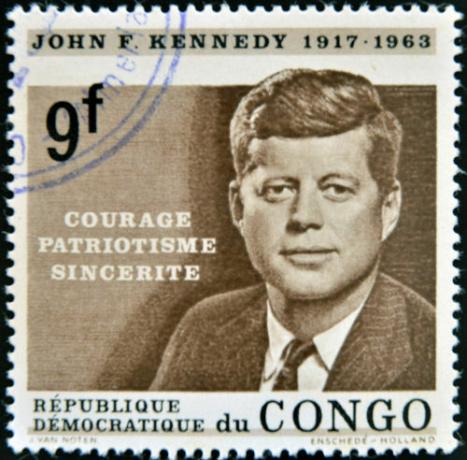From 1960, with the new Portuguese colonial policy, the political changes and the crisis of the regime of Salazar led to various political and economic reforms in the colonies, as in the case of Mozambique. The new form of Portuguese colonialism introduced forms that impeded the development of the black population, whether belonging to the bourgeoisie, agriculture or commerce.
In that decade, several demonstrations against colonial rule were made in the country through literature, art and workers' strikes. These demonstrations took on greater and more radical proportions with the development of armed nationalist movements: FRELIMO, Frente de Libertação de Moçambique.
Founded in exile, FRELIMO began the armed struggle for the national liberation of Mozambique in 1964. His strategy was the creation of “liberated zones”, areas of Mozambican territory outside the control of the Portuguese administration. Thus, revolutionaries created their own system of administration, as if it were one state within another.
The combat itself was officially launched on September 25, 1964, with the attack on the administrative post of Chai, in Cabo Delgado. The conflict against colonial forces expanded to other provinces such as Niassa and Tete and lasted for about 10 years. As soon as the revolutionary forces took over a territory, they established the liberated areas, to guarantee secure bases, food supplies and communication routes.
The war ended with the signing of the “Lusaka Agreements” in September 1974. During this period, a provisional government was established, composed of representatives of FRELIMO and the government. until the 25th of June 1975, the national independence of Mozambique.
After independence and with the “sudden” departure of the Portuguese apparatus, the country began to experience serious difficulties in filling the places left by the Portuguese. At that time, Mozambique had a population with a percentage of 90% illiterate, in addition, companies and banks The Portuguese repatriated assets and existing balances, thus creating a hole in the economy of Mozambique.
Do not stop now... There's more after the advertising ;)
Would you like to reference this text in a school or academic work? Look:
DANTAS, James. "Mozambique's War of Independence"; Brazil School. Available in: https://brasilescola.uol.com.br/guerras/guerra-independencia-mocambique.htm. Accessed on June 27, 2021.

